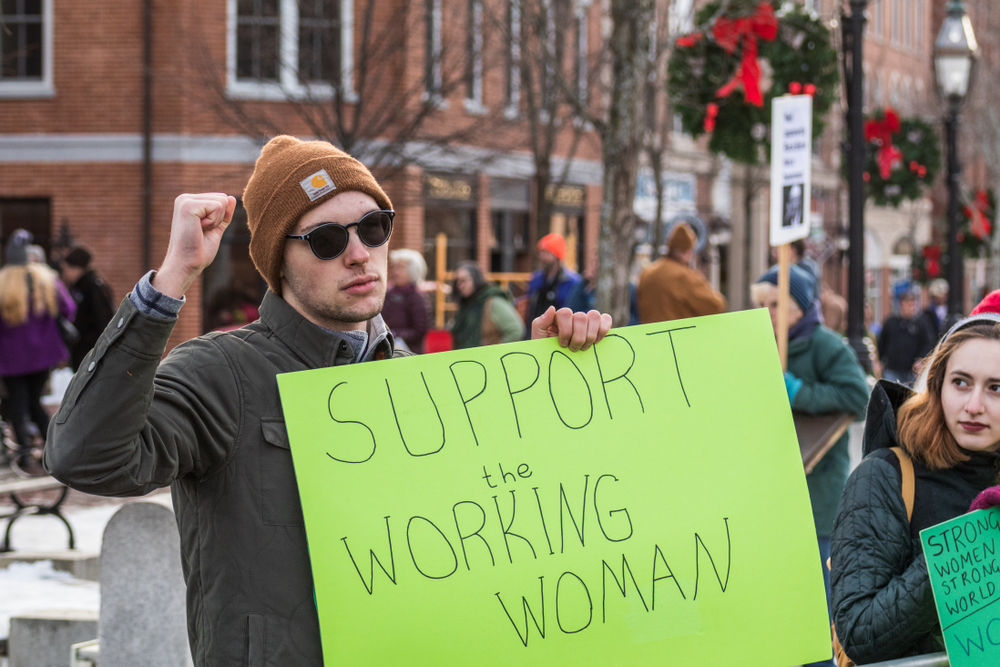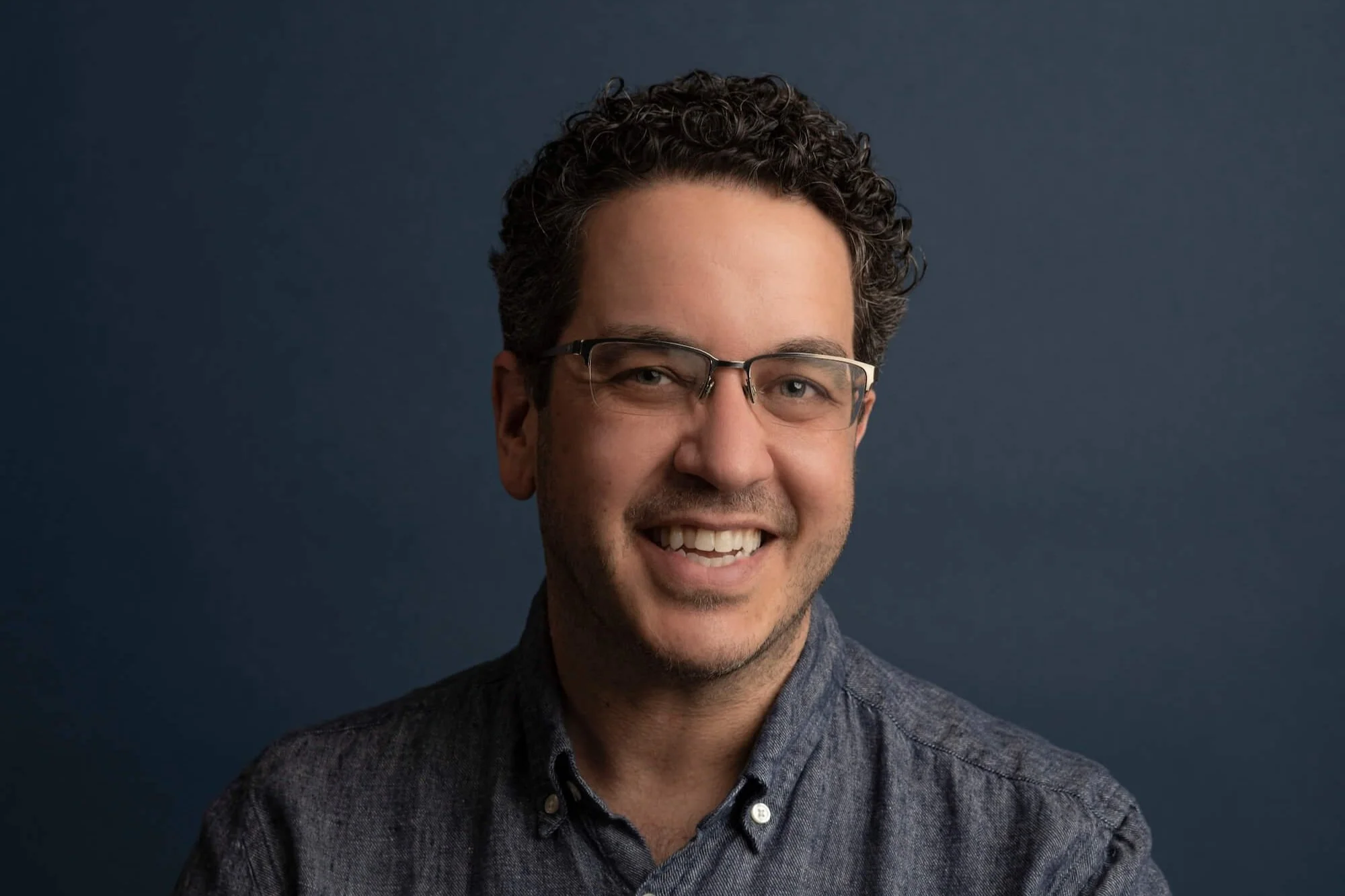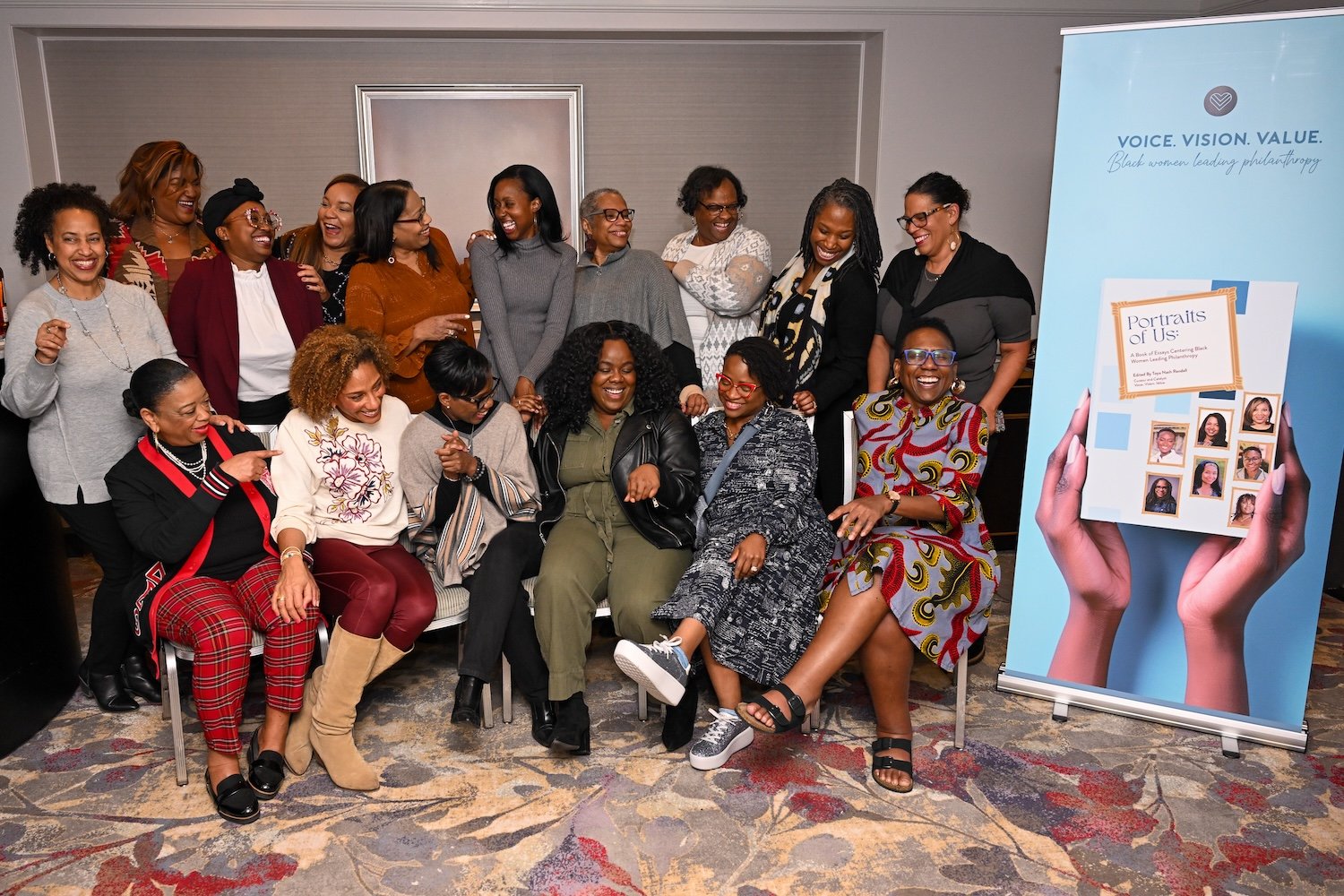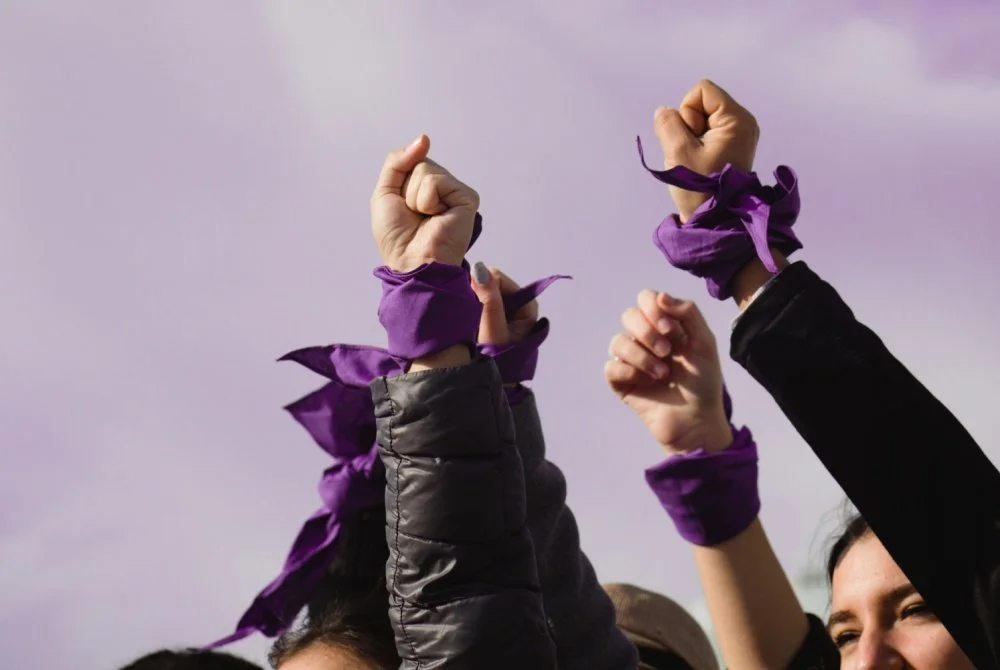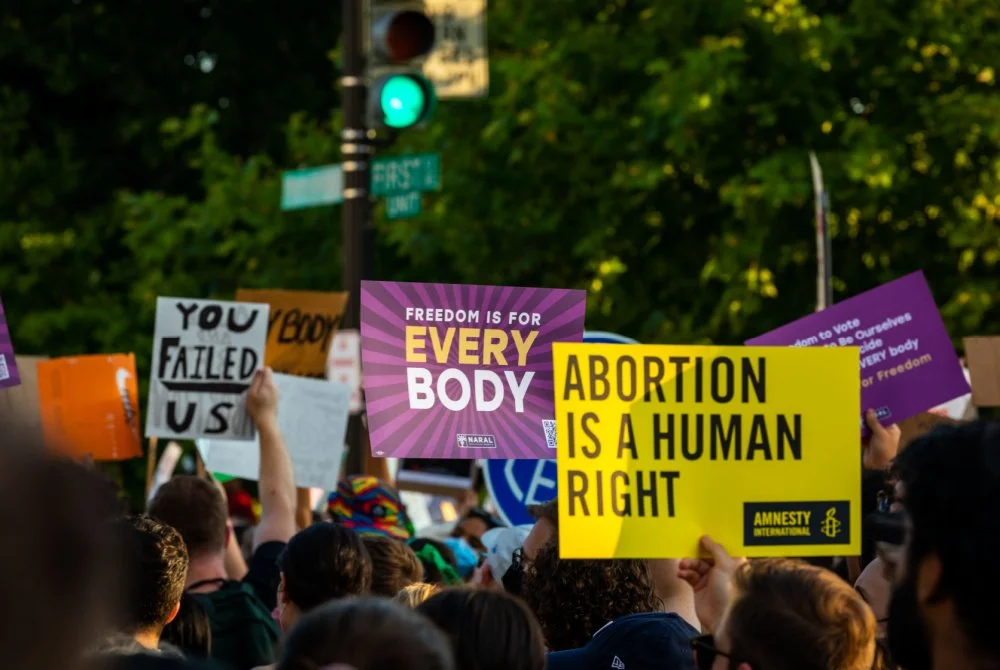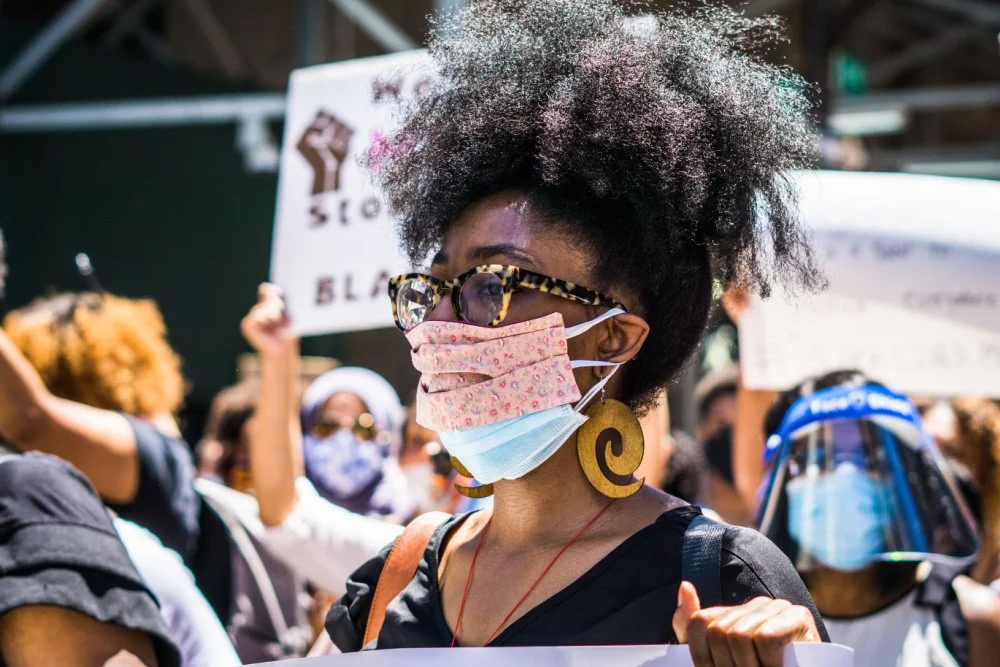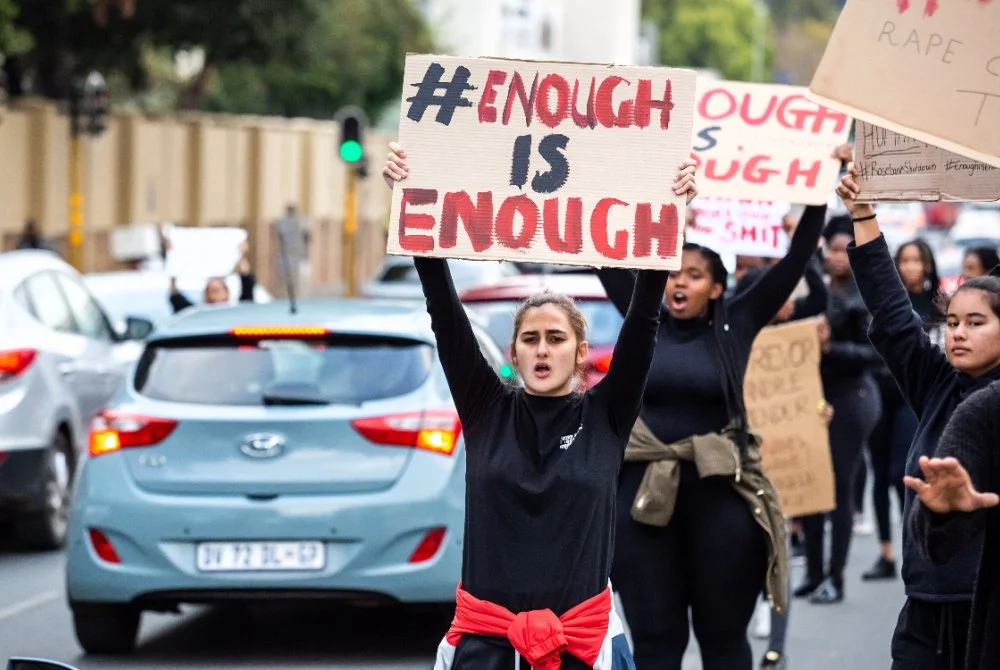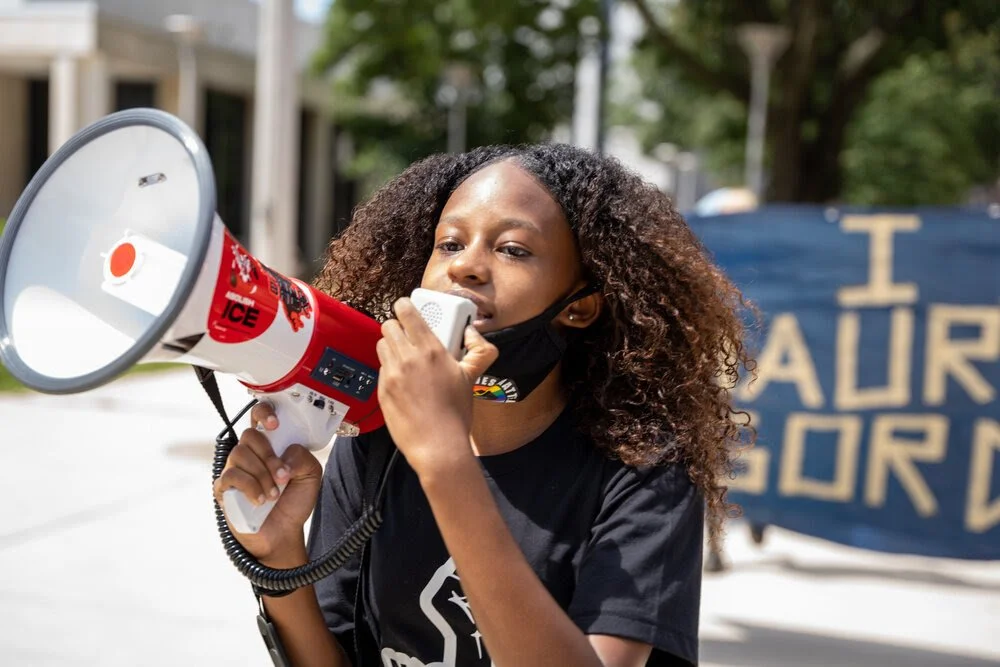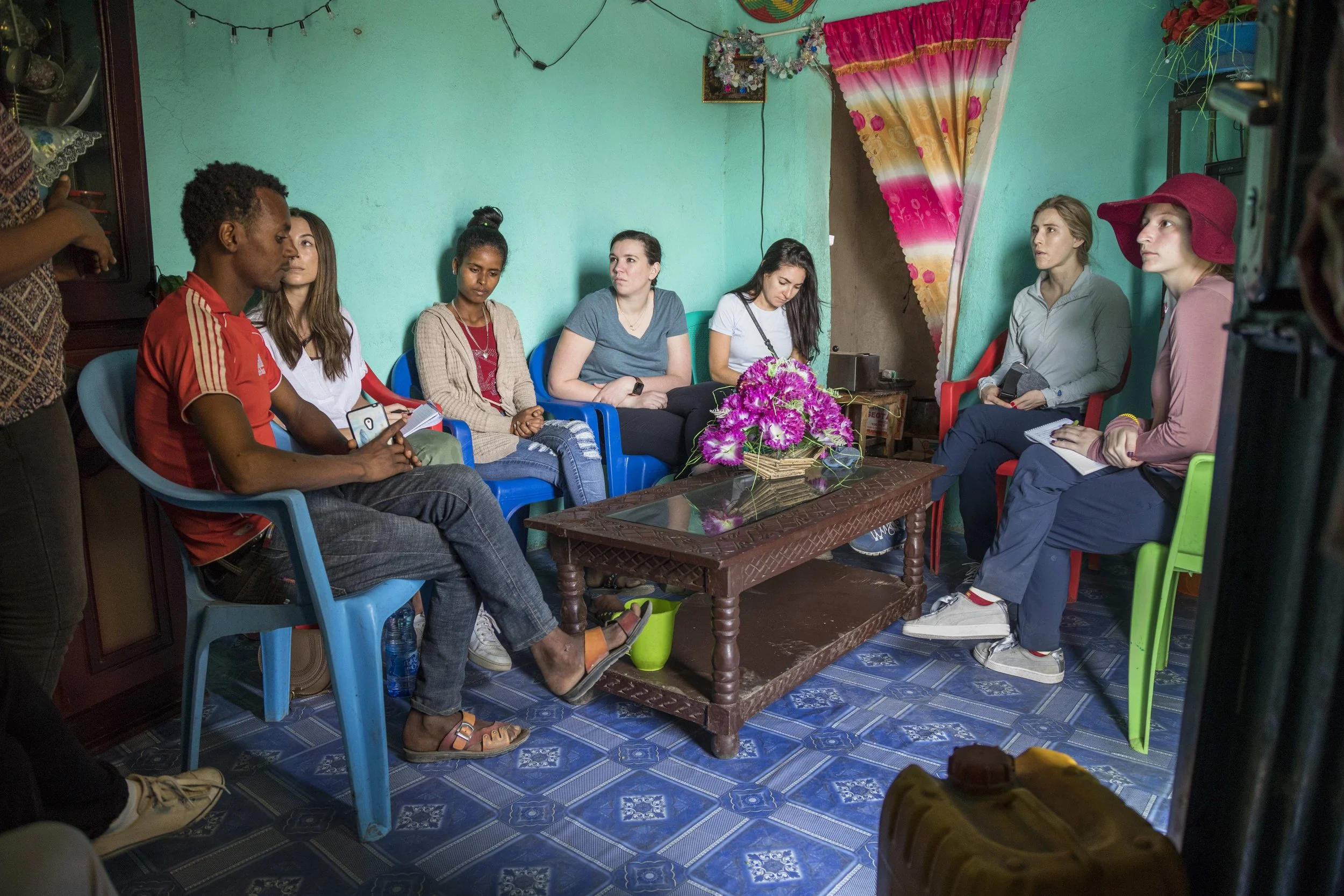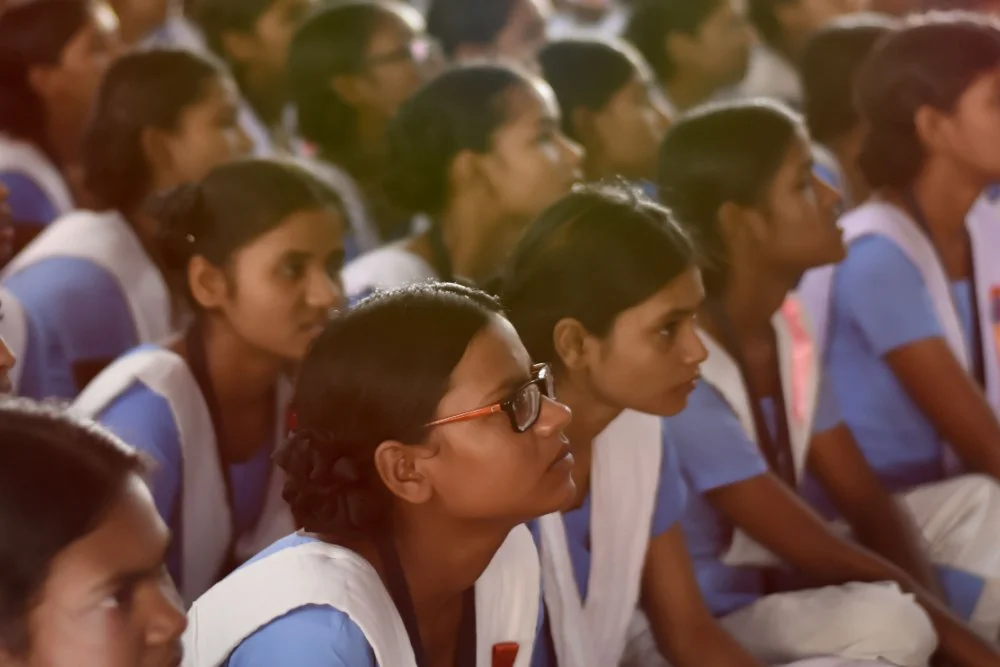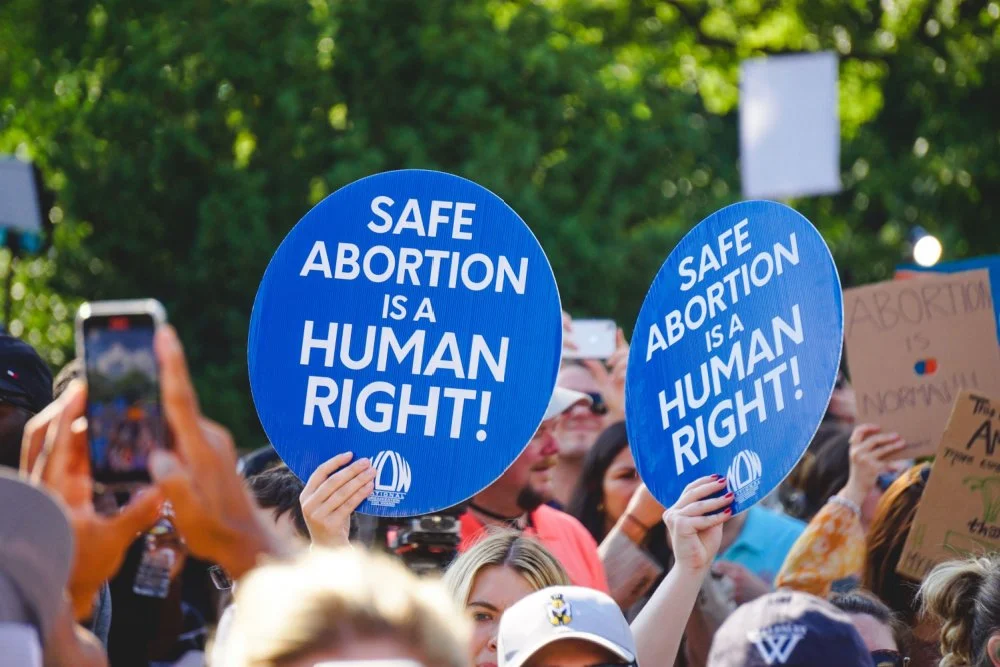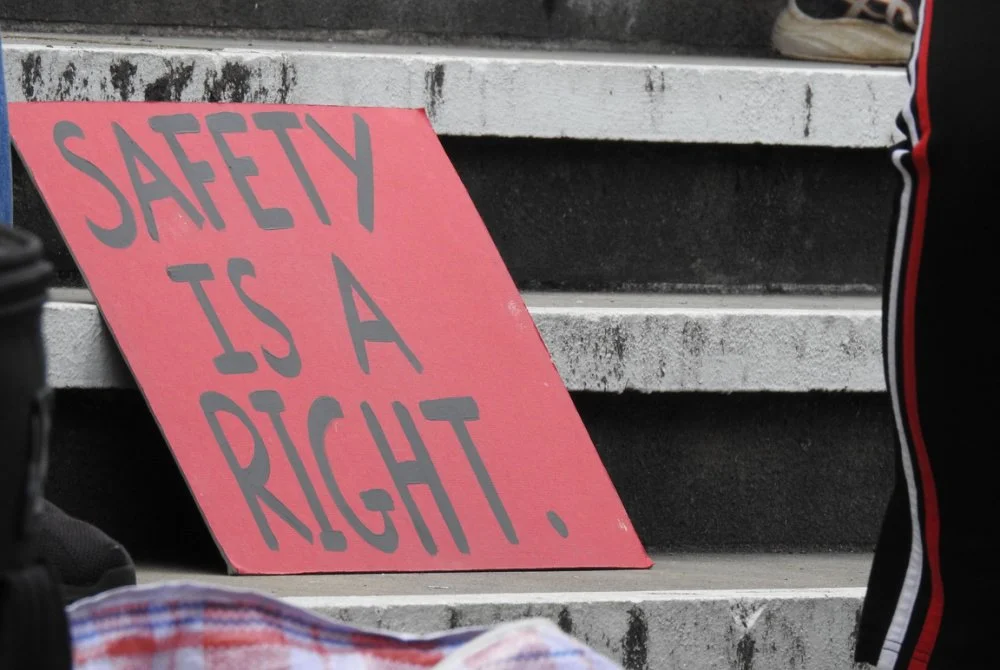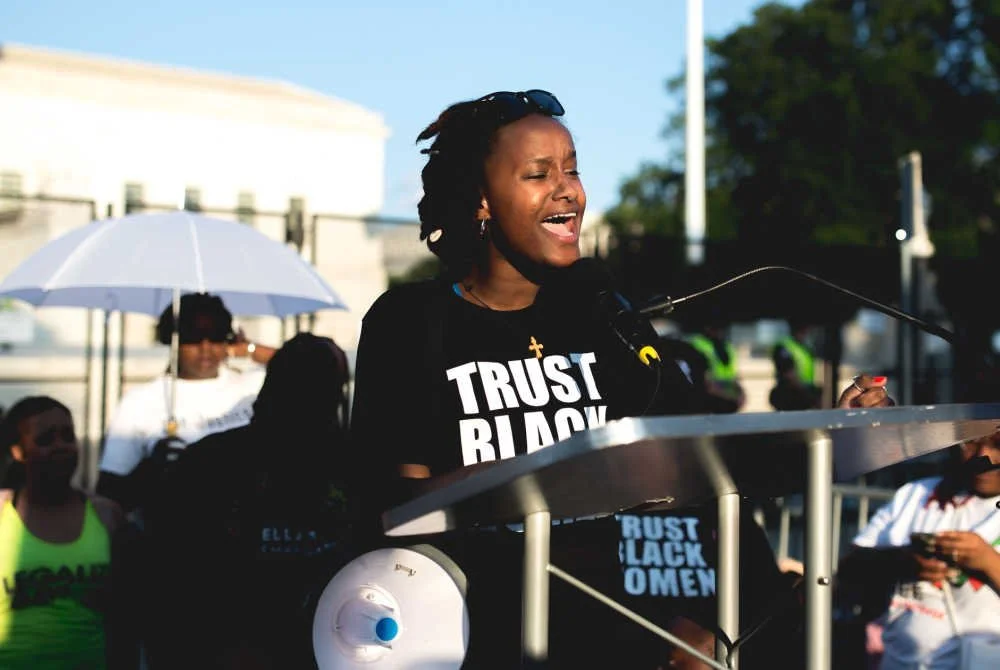Why a Women's Foundation is Backing Male Leaders in the Fight for Gender Equity
/PHOTO: KelseyJ/SHUTTERSTOCK
The organized struggle for women’s equity has persisted throughout much of U.S. history. Even with important, staggered wins, society still treats women unjustly in many ways, with some forces continually seeking to roll back gains. Additional barriers existed and persist for women of color, women who are poor, women who are differently-abled or ill, mothers, women who are transgender or gender nonconforming, and other sub-communities.
Today, a growing number of givers are working to ensure gender equity advances further. Funders are backing a range of endeavors intended to create fair workplaces and a safer world for women and girls, including efforts to stop sexual harassment and domestic violence, increase women’s representation in male-dominated fields, ensure equal pay, and strengthen economic and social supports for working women.
Much of this work is playing out at the local level and spearheaded by women’s foundations. One such initiative, the 100% Project, is underway at the Chicago Foundation for Women (CFW). The organization says it is “an all-out, all-in, coordinated effort to increase women’s economic security and put an end to gender bias in metropolitan Chicago within a generation.”
The project began with a series of community conversations in 2015. The foundation has set goals for 2018, 2020 and 2030 that focus on diverse factors such as school culture and gender norms, workplace equity, healthcare, economic opportunity, family life, and other realms relevant to women and girls.
What role can male leaders play in gender equity?
One interesting part of this endeavor is called Champions of Change. It calls upon male leaders in the private and public sector to work “within their spheres of influence to change norms, cultures and policies” to advance gender equity.
CFW believes men can be powerful advocates for women and girls, and it’s not alone. As we’ve reported, sexual assault is an area where men are already being asked to play a greater role in prevention and advocacy. Funders like the New York Women’s Foundation, NoVo and Verizon are backing the nonprofit A Call to Men. It provides training to engage men and boys in the prevention of domestic violence, sexual abuse, harassment and assault, and educates “them on healthy, respectful manhood.” It runs programs in schools, businesses, community organizations, college campuses and other settings in the U.S. and around the world.
Ted Bunch, the chief development officer of A Call to Men and one of its co-founders, has said it's important to recognize that abusive men are not inherently different, “other,” or apart from the rest of society, but are reflecting embedded norms, such as the beliefs that women are “less valuable” or are “objects.” This is a key idea for initiatives like A Call to Men and Champions of Change. As we’ve written, the creators of these programs believe unearthing these norms and transforming men’s attitudes is critical to improving women’s experiences in the world and promoting equity.
Related:
For the men who’ve signed on to become Champions of Change, self-inquiry is often an important step to becoming gender-equity leaders. Carter Murray, CEO of the advertising agency network FCB, was one of the first executives to get involved with Champion of Change. His company has initiated leadership trainings in implicit bias. Murray told CFW:
The implicit bias exercises I did with the team opened my eyes further and led to me better understand the scale of the problem, my role within it, and even more importantly, why I was so passionate about it… Absurdly, I do hear men and male leaders saying that this is no longer an issue. By accepting this, I am proudly admitting in a very public setting that I do not think it is fixed and we all have a role to play.
CFW provides a supportive roadmap to the Champions and asks them to share their goals publicly, engage internal communities and stakeholders, measure their progress, provide the foundation with examples of their pro-women policies, and encourage more men to become involved.
“CFW is here to help Champions develop their unique goals based on best practices and connect them with the resources they need to achieve them,” Kyle Ann Sebastian, CFW manager of communications, told Inside Philanthropy.
Among its recommendations, CFW suggests companies use gender-blind applicant screenings and support evaluators and hiring managers in overcoming biases. The foundation also suggests sponsoring negotiation training for high school girls, and college and professional women. In part, these efforts address the issue that women are often acculturated to be less self-advocating and confrontational than men, and are often seen as aggressive when they are ambitious, or even competent and confident. One relevant example is that about 84 percent of women in the tech field have been told they are too aggressive.
Another pro-equity actions is to make salary ranges publicly available and publish employee performance criteria. Women are currently paid about 79 cents for every dollar paid to men.
And, employers can offer paid family leave, child care and flexibility in the workplace, and emphasize results over schedules. These changes benefit men who are fathers or caregivers too, and flexible scheduling and work/life balance are priorities for many millennials. Those in power can also actively recruit women to leadership roles and include them on senior search committees.
Champion of Change Troy Henikoff, managing director of MATH Venture Partners, pointed out there are few women in tech and even fewer in venture capital. He said:
[We] realized that we wanted to be an example of more diversity. Today we are 50/50 male/female and are one of the few VC funds to have a woman at the partner level. I think setting an example through action is critical in this discussion.
Along with the obvious human and civil rights arguments for achieving equity for women and girls, diverse teams and leadership are correlated with increased profitability. CFW states, “Gender bias hurts growth. Illinois could increase GDP by 7 percent, or $60 billion, over the next decade, if we empower women and girls to reach their full economic potential.”
CFW’s Sebastian said the organization currently has Champions in a variety of industries and fields, including city government, education, technology, and the arts. “Part of the 100% Project is a commitment to develop new and unusual partnerships and collaborations,” she said. (Chicago-area readers and male leaders interested in becoming Champions of Change can contact Emily Dreke at edreke@cfw.org.)
There is still much ground to cover on the road to true gender equity. While some headway is possible via policy and law, men and women’s conscious decisions to alter their attitudes and conduct will be essential. All people, especially men, need to own the responsibility to promote gender equity in their daily professional and interpersonal choices. Backing locally focused initiatives like Champions of Change is one way that philanthropy can help advance this shifting of norms.

